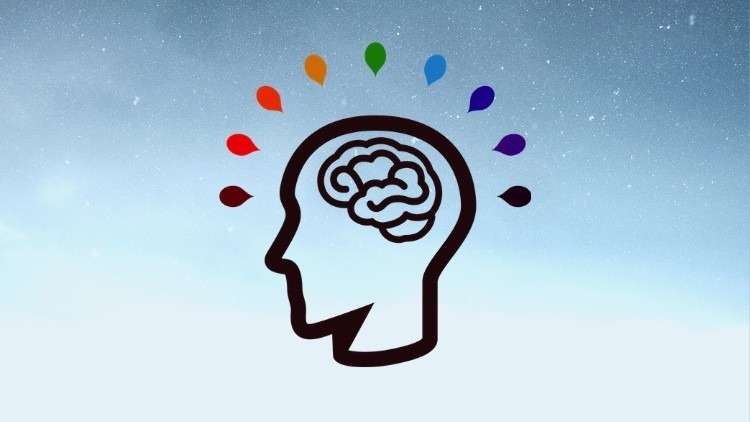Given cognitive strengths and needs are diverse, what brain training may work best for each person and under which conditions?
 Does ‘Brain Training’ Actually Work? (Scientific American):
Does ‘Brain Training’ Actually Work? (Scientific American):
If there were an app on your phone that could improve your memory, would you try it? Who wouldn’t want a better memory? After all, our recollections are fragile and can be impaired by diseases, injuries, mental health conditions and, most acutely for all of us, aging.
… our team is currently leveraging the power of citizen science. Similar to a large-scale study in the United Kingdom (Brain Test Britain, promoted by Cambridge University and the BBC), we are seeking to recruit thousands of participants to help us uncover the potential merits of memory training. But unlike Brain Test Britain’s simple question of whether brain training works, we are looking to engage the U.S. population in a new challenge to test why and for whom brain training works, and under which conditions.
To accomplish our goal, we have launched a new study funded by the National Institutes of Health that aims to recruit 30,000 volunteers to participate in a memory training study that compares multiple approaches to train working memory.…Our goal is to avoid a one-size-fits-all approach. Instead, we want to advance a new model based upon the premise that people are diverse in their cognitive strengths and needs, and therefore require the type of interventions that would serve them best.
About the Study:
Understanding Mediating and Moderating Factors that Determine Transfer of Working Memory Training (NIH Grantome; Seitz, Aaron R.; Jaeggi, Susanne Madlaina):
- Public Health Relevance: The proposed research is relevant to public health in that it will lead to greater understanding of, and creation of more effective, behavioral interventions for those with cognitive impairments. This research is aligned with the NIMH RDoC framework as working memory deficits exist in a wide range of mental health conditions, cases of disease and brain damage, and are associated with age-related cognitive decline. Targeted training to improve working memory has potential to give rise to personalized interventions that can be used on an outpatient basis. In addition to alignment with NIMH, this proposed research cuts across the bounds of numerous NIH agencies, with our framework contributing to the missions of the NCI, NEI, NIA, NIAAA, NINCD, NIDA, NINDS, in that all of these agencies work with populations who can gain direct benefits from successful approaches to mental fitness.
Participation in the study is free and requires a commitment of a few weeks. Participants will play a memory training program, complete a few cognitive tests, and fill out brief questionnaires anonymously. Data is downloaded into a server at UCR. Participants can complete all sessions at home using their tablets or smartphones. They may drop out at any time.
Each session lasts 20–30 minutes. Participants are asked to complete two sessions a day and at least 10 sessions a week. Prizes can be won at weekly giveaways that will be hosted by the Brain Game Center. Participants have a chance to win an iPad in a monthly giveaway.
To participate in the project, you can learn more and sign up here.
The Study in Context:
- Solving the Brain Fitness Puzzle Is the Key to Self-Empowered Aging
- Can brain training work? Yes, if it meets these 5 conditions
- Three quick brain teasers to exercise your working memory
- Why stress regulation and working memory are core building blocks of lifelong resilience
- Study finds mixed results of Adderall as cognitive enhancer (seems to boost emotion more than cognition)
- 25 fun Brain Teasers and Puzzles for teens and adults of any age
- What are cognitive abilities and how to boost them?


